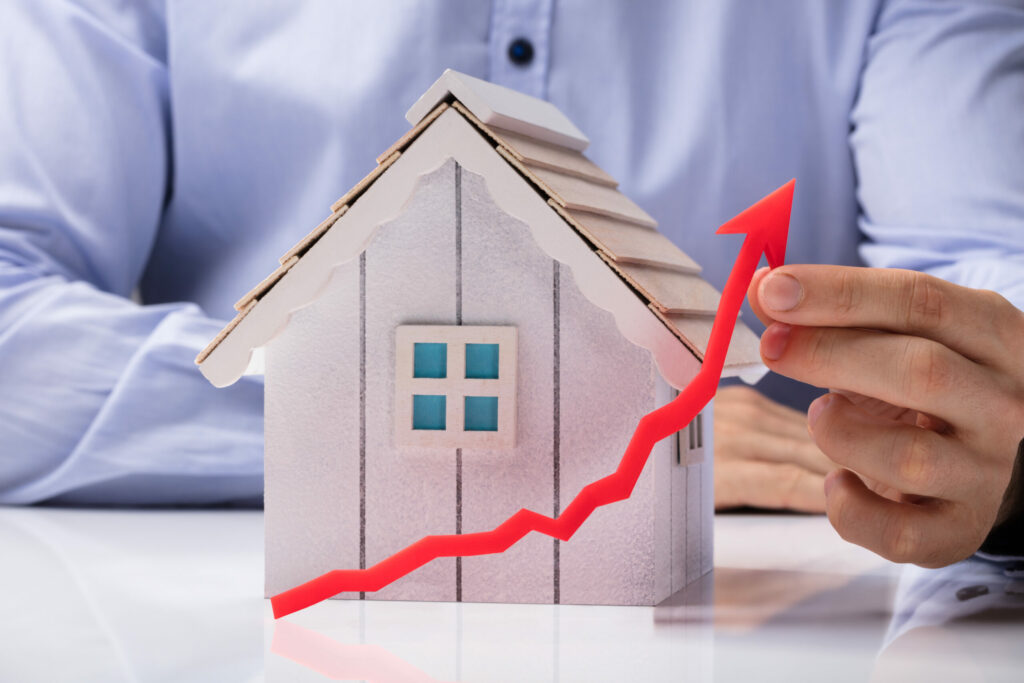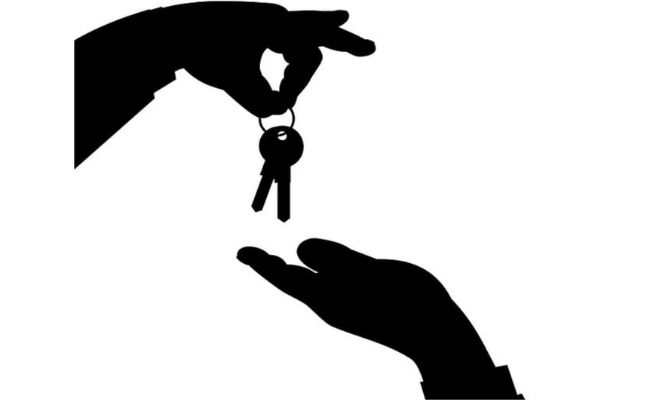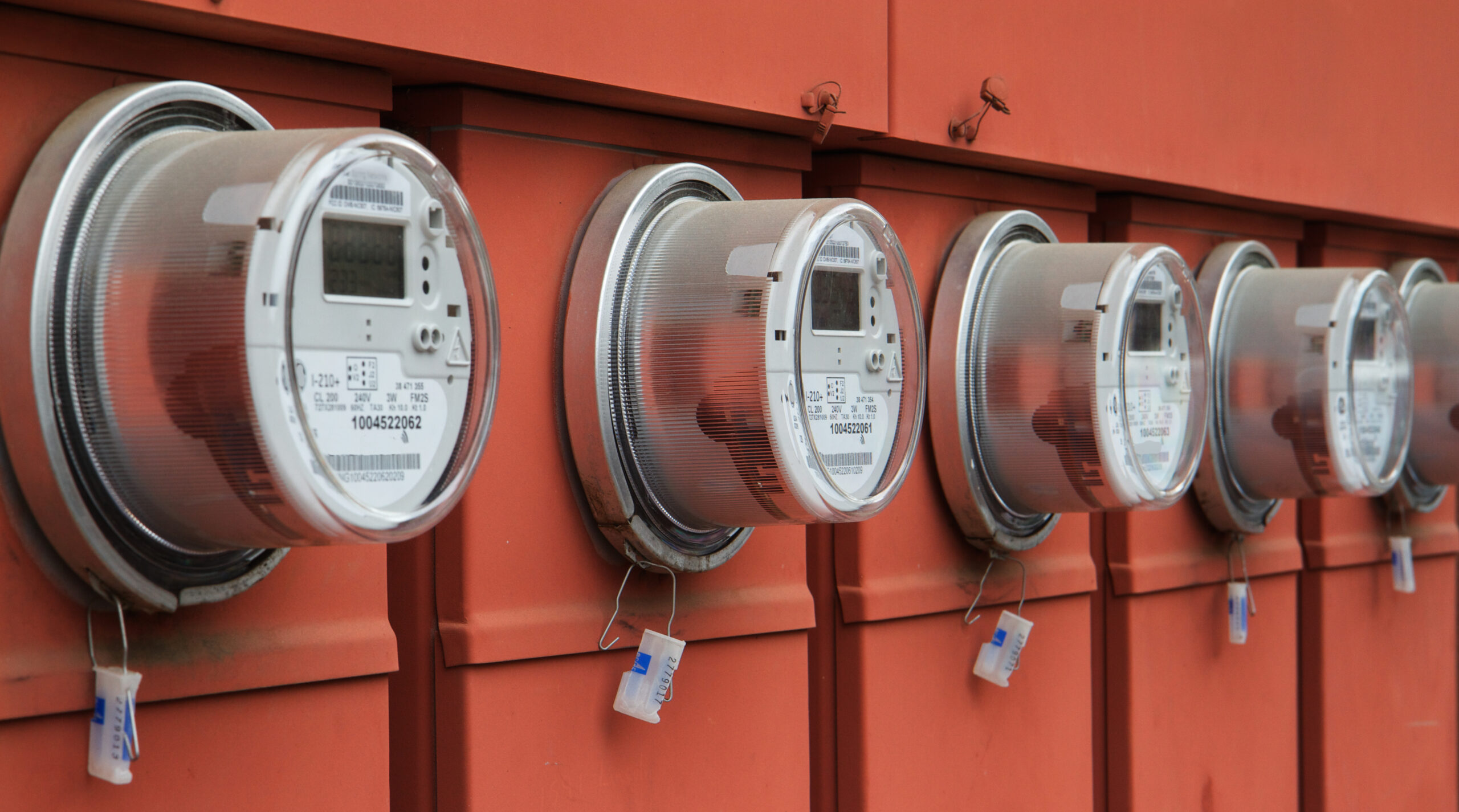The Alberta housing market has been a topic of great interest and speculation in recent years. As homeowners, prospective buyers, and investors closely monitor the fluctuations in the real estate landscape, a burning question arises: Will home prices ever drop in Alberta? With the market’s volatility and the ongoing economic factors at play, it’s natural to wonder about the possibility of a price decline.
For the past decade, Alberta’s housing market has experienced significant growth, driven by a booming energy sector and an influx of residents seeking job opportunities. However, the province has also faced challenges, such as the downturn in the oil and gas industry and global economic uncertainties. As a result, homeowners and investors have grappled with fluctuating home prices.
Keep reading for details on the various factors that impact the Alberta housing market, and whether a decline in home prices is likely or even possible. By examining historical trends, economic indicators, and expert opinions, it is possible to glean valuable insights into the future trajectory of home prices in Alberta.

Alberta Housing Market Trends
According to the Alberta Real Estate Association (AREA), as of May 2023, Alberta’s home prices are increasing despite limited supply. The average home price in Alberta has reached $470,037, reflecting a 2% monthly rise and a 3% annual increase. While home sales dipped by 6% compared to the same time last year, they notably rebounded by 22% from the previous month.
New home listings have unfortunately dwindled, showing a 16% drop year-over-year. Simultaneously, the available inventory of homes has also shrunk by 18% compared to last year. This shrinking supply coupled with rising sales has led to a significant 13.6% decrease in months of supply, leaving only 2.06 months of inventory on the market.
Examining specific types of homes, detached homes have witnessed a 6% price hike over the year, with an average price now standing at $554,509. Semi-detached homes and row/townhouses have also appreciated, showing 6% and 4% annual price gains, respectively. The average prices for these homes are now $461,592 for semi-detached and $336,743 for row/townhouses. Condo apartments have also seen a 4% year-on-year price increase, with the average price pegged at $270,706. The uptick in condo sales, in contrast to other property types, has brought down the overall average home price in the province.
Calgary’s housing market, Alberta’s largest and priciest, now commands an average home price of $551,853, a 6% annual rise. Other cities such as Edmonton, Medicine Hat, Red Deer, Lethbridge, and Grande Prairie have experienced varied price shifts, both up and down.
The scarcity of homes in Alberta is becoming more pronounced as months of supply continue to decline. In Calgary, supply has reduced to 1.03 months, down from 1.20 the previous month—a 40% annual decline. Edmonton’s supply has also decreased to 2.53 months, a 15% year-over-year reduction. Despite these local decreases, Alberta’s overall supply has grown slightly by 14% year-over-year, but it remains low at 2.06 months.
Bank of Canada Rate Hikes and Alberta Housing
On June 7th, 2023, the Bank of Canada continued its recent string of rate hikes by raising its policy rate to 4.75%. As Alberta has been grappling with its unique set of challenges, the impact of rate hikes on the housing sector has been a topic of intense scrutiny and speculation.
The Bank of Canada’s decision to raise interest rates reflects its efforts to manage inflation and ensure the overall stability of the Canadian economy. However, higher interest rates have a direct impact on borrowing costs, which can have profound consequences for the housing market.
For Alberta homeowners, the rate hike translates into increased mortgage payments, making it more expensive to carry a mortgage. This can potentially affect affordability, as prospective buyers may find it more challenging to enter the housing market. Additionally, existing homeowners with adjustable-rate mortgages or variable-rate loans may face higher monthly payments, putting pressure on their financial situations.
Higher interest rates can dampen the demand for housing, as potential buyers may delay their purchasing decisions due to increased borrowing costs. This decreased demand could potentially lead to a slowdown in the Alberta housing market and, in some scenarios, put downward pressure on home prices.
Will the BoC Continue Raising Rates?
According to the Bank of Canada, Canada’s economy performed better than anticipated in the first quarter of 2023. Even after taking into account the boost from population expansion, consumption growth was remarkably substantial and widespread. Services were still in high demand.
Additionally, expenditure on items that are affected by borrowing rates rose, and more recently, the has seen an uptick in activity. The labor market is still tight; although greater participation rates and immigration are increasing the supply of employees, new hires have been promptly employed, demonstrating the ongoing high demand for labor.
Whether or not the BoC decides to continue raising rates will depend on how much existing policy changes have managed to curb inflation. With CPI inflation sitting around 4.4% as of June, it is likely that the BoC will continue raising rates in order to bring inflation closer to its 2% target.
What is the Future of the Alberta Real Estate Market?
Although the real estate markets in Alberta are always changing, the general market in the province as a whole has stayed stable. There is anticipation that Alberta will continue to move toward more neutral territory despite certain places experiencing an increase in new listings and others experiencing a decline in sales.
Prices aren’t rising as quickly as they were at this time last year since the situation is starting to improve. The Alberta home market may change course as 2023 draws closer and turn into a buyer’s market, as is characteristic of the harsh winters in that province.
The RE/MAX 2023 Canadian Housing Market Outlook predicts a 7% increase in home prices in Calgary, while Edmonton’s growth could reach 3%. Overall, experts are confident in the resilience of the Alberta housing market, but it is unlikely that housing prices are going to experience a significant correction any time soon.
Given the stable nature of the market, potential buyers and sellers can approach the Alberta real estate market with cautious optimism, as it offers opportunities for both sides. It is important to stay informed about the latest market trends and seek professional advice when making real estate decisions in the province.










